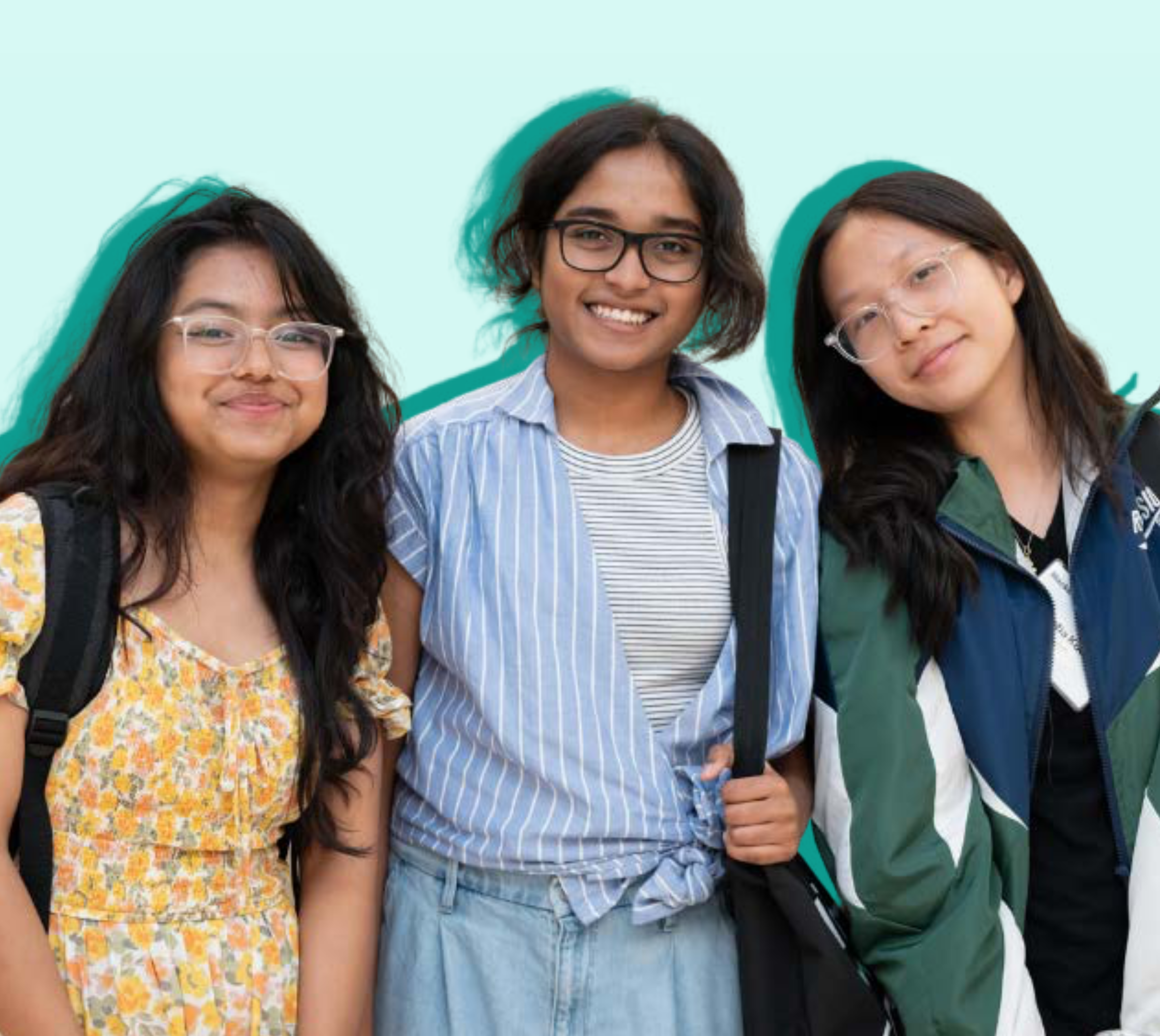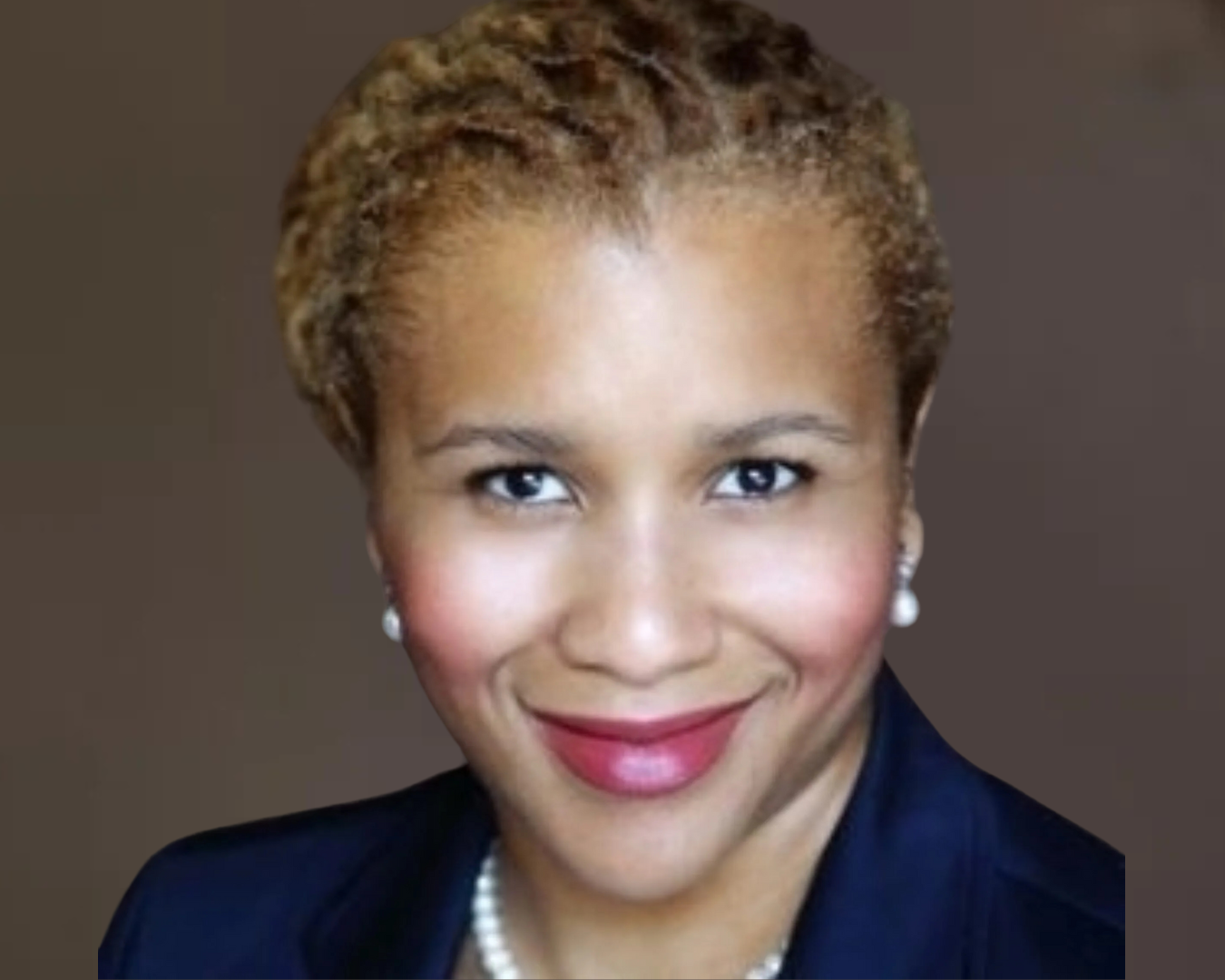Girls Who Code Announces Plans to Expand to 10,000 Clubs Across the United States
The organization is on track to close the gender gap in new entry-level tech jobs by 2027
New York, New York (September 9, 2019) — Girls Who Code, the nonprofit leading efforts to close the gender gap in technology, announced plans to expand to 10,000 Clubs across the United States, nearly doubling the organization’s existing Clubs presence.
Girls Who Code Clubs are free after-school programs for 3rd-12th grade girls, run by community leaders, teachers, librarians, and parents. The Clubs curriculum is designed to be accessible to girls with a wide range of computer science experience. Starting this year, the curriculum will include a new tutorial for the programming language Swift, built in partnership with Apple.
“In the United States today, women account for less than 20 percent of all graduates with computer science degrees and less than 25 percent of the computing workforce,” said Dr. Tarika Barrett, Chief Operating Officer of Girls Who Code.“We’re committed to changing that by bringing as many girls into our Clubs program as we can, so they can learn to code and find a sisterhood that supports their passion, drive, and resilience. And this work would not be possible without the unyielding support of our generous partners.”
The partners supporting Girls Who Code Clubs at the national level include Apple, Dell Technologies, JCDRP Family Foundation, Microsoft, Procter & Gamble, Prudential Financial, Salesforce, Uber, United Technologies, and U.S. Bank. Walmart supports Clubs nationally with an additional focus on rural areas. Clubs in the Southeast are supported by Bank of America. Blizzard Entertainment supports Clubs in the West and Great Plains/Rockies. The Chuck Lorre Family Foundation supports Clubs in California. In the Midwest, Girls Who Code Clubs are also supported by Synchrony. Clubs in the Midatlantic are supported by Capital One. The Guardian Life Insurance Company of America Inc, The Pinkerton Foundation, and WarnerMedia support New York City Clubs. The Arthur M. Blank Family Foundation funds Clubs in Atlanta.
“What’s so amazing about Girls Who Code is that anyone can start a Club, regardless of their experience with computer science,” said Bethany Kristich, Girls Who Code Clubs Facilitator. “The materials are accessible, and we can actually learn to code alongside the girls.”
In order to expand to 10,000 Clubs, Girls Who Code has significantly increased on-the-ground regional staff. These staff will work to form partnerships with school districts, library associations, non-profits, and after-school and STEM networks to bring Clubs to communities across the country.
“I have always been interested in coding, and this club not only showed me the basics, but how code can be used for various projects in different ways,” Emily Dobao, Girls Who Code Clubs alumni. “I also met new people with similar interests, which made the experience fun. I will definitely join the Club again next year.”
Girls Who Code has reached 185,000 girls to date—with programs for girls at every stage of the tech pipeline, from elementary and middle school to high school and college. The organization is also actively expanding internationally, with free after school clubs available in the U.S., Canada, India, and the U.K.
Half of girls served by Girls Who Code are from historically underrepresented groups (HUGs)—girls who are Black, Latina, or from low-income households. The organization has 30,000 College-Aged Alumni (CAA). CAA of Girls Who Code programs are majoring in computer science and related fields at 15 times the national average. Black and Latinx CAA are majoring in computer science and related fields at 16 times the national average.
To start a Girls Who Code Club in your area, please complete the Clubs Application. You can also email your questions to [email protected] or attend a live informational webinar to learn more.
ABOUT GIRLS WHO CODE
Girls Who Code is an international non-profit organization working to close the gender gap in technology and change the image of what a programmer looks like and does. With their 7-week Summer Immersion Program, after school Clubs, and Alumni/College Loops program, they are leading the movement to inspire, educate, and equip young women with the computing skills to pursue 21st-century opportunities. Girls Who Code has reached 185,000 girls to date through its programs and 100 million people through campaigns, advocacy work, and New York Times best-selling series. To join the movement or learn more, visit girlswhocode.com.
CONTACT:


